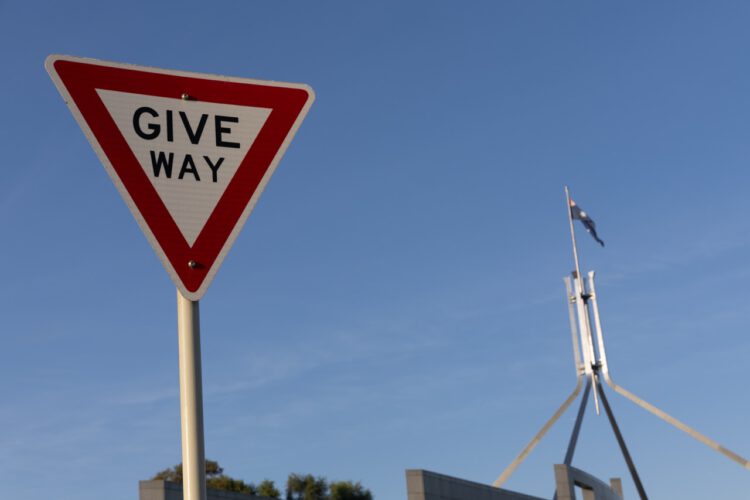Hello and welcome to your Wednesday parliament sitting and blog, where we will follow the day’s parliamentary events.
We start today with the government feeling a little bouncy after having won the day against the opposition on Tuesday. That shouldn’t be as rare as it is, but that is where we are.
Anthony Albanese’s 40-minute phone call with US president Donald Trump ended with Australia being able to say an exemption from the 25% tariffs on steel and aluminium was “under consideration”. So far no other country has received even that line, so Albanese is feeling like he won a small reprieve (weird that an ‘ally’ who has a ridiculously expensive strategic and defence plan with Australia would even need this much convincing, given the ‘great relationship, no?).
The opposition had planned a day of attacks against Albanese and his choice of Kevin Rudd as ambassador for not getting ahead of the tariffs (the Coalition claim Trump would remember that Rudd was once critical of Trump, as if Trump’s vice-president didn’t once call Trump “an idiot” and privately compare him to Hitler) but a reporter asking about Australia after the executive order for ALL countries was signed, had Trump talking about the “very fine man” Albanese and the airplanes and trade surplus with Australia and confirming the “under consideration” line.
That doesn’t mean Albanese has won though. There is still the executive order itself, which makes note of a “verbal agreement” Australia made to limit aluminium shipments the last time Australia got a tariff exemption when this stuff all went on in the first Trump presidency.
Malcolm Turnbull who helped arrange that exemption said the limits only applied to steel, not aluminium. And it seems most of what they are complaining about happened when Joe Biden was president (apparently everyone should limit themselves to a Trump presidency’s desires even when he is not president) But Trump has the same officials around him now he had then, who want to limit Australian product and they know how Australia plays this time round, and are pre-emptively trying to stop it.
The short version being: it’s not over. And the Coalition know it. So now Australia is in a position of trying to convince it’s ‘exceptional friend’ of not harming it in a trade war. And the opposition is preparing to run a HOW DARE YOU UPSET THEM campaign, instead of standing up for Australia. Cool beans.
We’ll also see some more of the electoral donation changes today, where the major parties put aside their recent animosity to circle the wagons around the two-party system.
You have Amy Remeikis and her two coffees (third under way) with you for most of the day – and I am powered by toast and gingernut biscuits this morning.
Ready?
Let’s get into it.
